What do face masks do?
The point of face masks is to give your skin a big, blanket coating of a treatment which delivers a bigger dose of active ingredients. (They also give you a licence to lie down and relax for 15 minutes). Different face masks do different things, depending on the active ingredients they contain.
What are face masks for?
What face masks are for depends on the type of face mask. They can soothe, hydrate, brighten, purify, or peel the skin. You can also find masks specific to the eyes, which can soothe, hydrate and de-puff the under-eye area. It all depends on what’s in them
Do face masks work?
Yes they absolutely do! Use them as a regular pick-me-up for your skin.
Are face masks effective?
Yes, particularly if you use them regularly. You need to, obviously, use the right face mask for the particular concerns you’re trying to target – e.g. a hyaluronic acid mask for hydration, an alpha hydroxy acid (AHA) for brightening and exfoliating the skin, or a clay-based mask for unclogging pores. Use one that’s appropriate for your skin type – for example, nothing too strenuous for sensitive skin, and clay-based masks are better for oily than already dry skins.
How to apply a face mask
This depends on the type – some are gloopy things that come in pots and tubes, in which case you spread them over your skin with your fingers to a thickness specified on the pot or tube, making sure you don’t get too close to the eyes (and avoiding the lips too). Most masks, unless worn overnight, should not be worn for any longer than 15-20 minutes (again, this will be specified on the product’s packaging). Remove the masknwith a clean flannel wrung out in warm water. It may take several attempts to remove all of the product.
Sheet masks are another type of face mask. These are made from paper or cellulose or gel, soused in serums that can soothe or hydrate or brighten the skin. These you simply drape over your face and then gently press onto your face so that the mask is in contact with your skin. There should be eye, mouth and nose holes that you use to align the mask with your face. Once you’re done with the sheet mask, peel it slowly off your face and massage any remaining serum into your skin.
How often should you use a face mask?
Once a week? Twice a week, if you like? It depends on what’s in them. If the mask contains ingredients that are a bit tougher on your skin, like exfoliating acids, don’t use them too often, whereas using a hydrating mask twice a week won’t do your skin any harm.
Do face masks expire?
Yes. Look at the details on the packaging. There will be a small symbol that tells you for how long after opening the product will be at its most effective for.
Where to buy face masks?
Take a look at a few of my favourites on the shop. Or, book in for a skincare consultation with our TTG skincare specialist Shanaz. She’ll be able to recommend the best skincare routine, including face masks, for you and your skin.


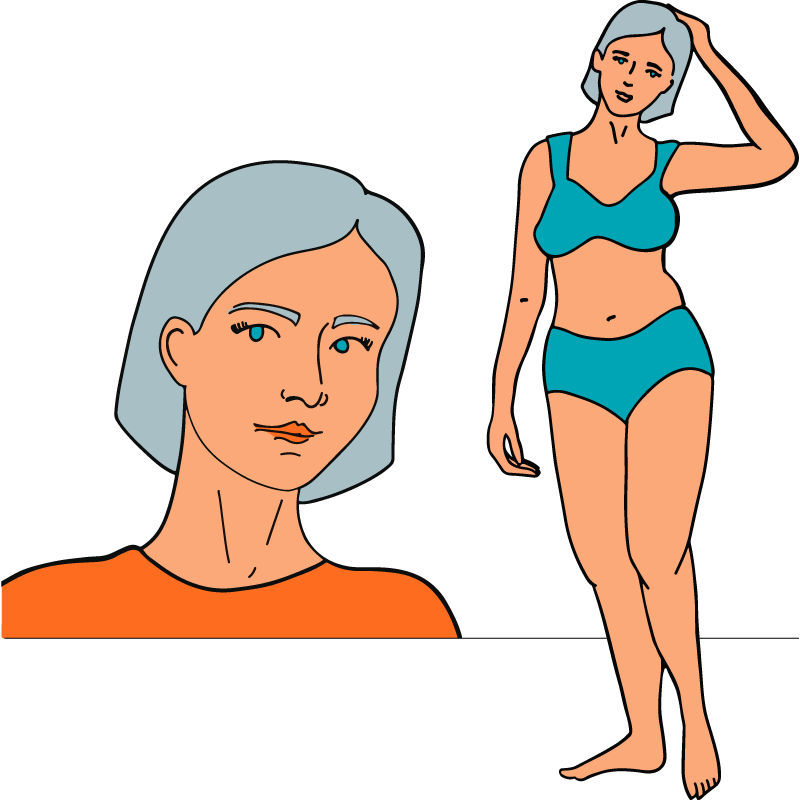




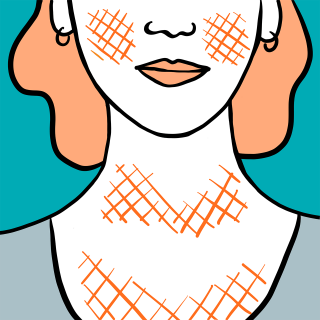
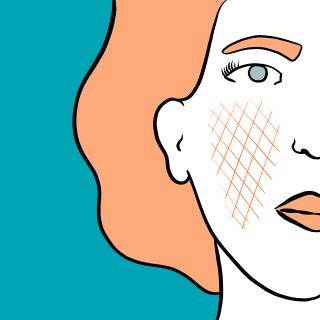
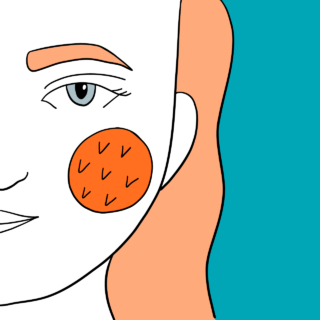
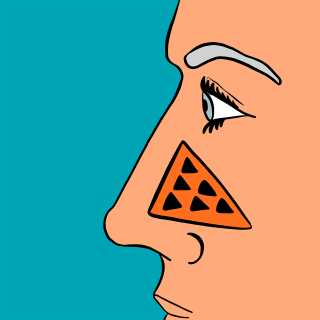
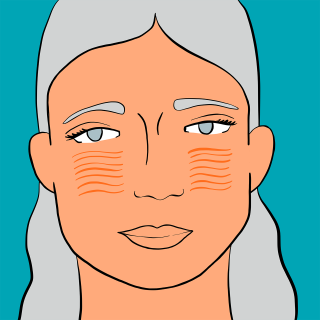
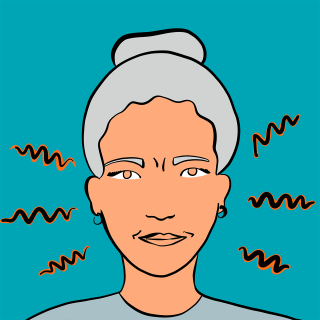

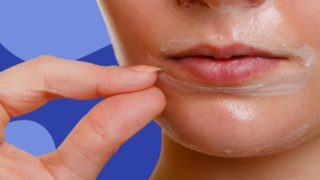
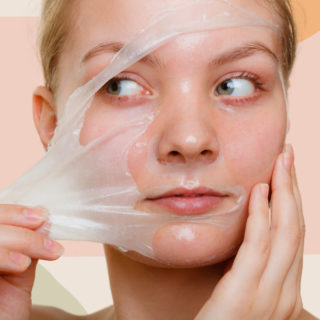
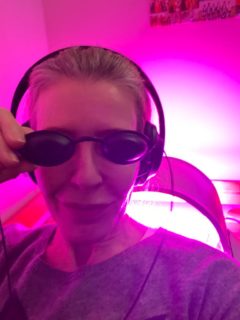
 The Tweakments Chatbot
The Tweakments Chatbot